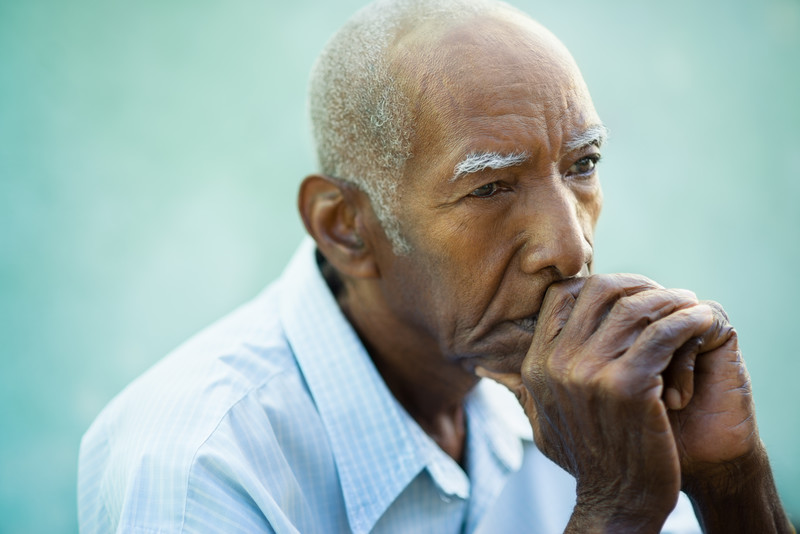
Race, ethnicity impact chronic pain and psychological distress. It’s estimated by the American Academy of Pain Medicine, that 100 million people suffer from chronic pain in America (1). That burden can affect everyday life. Keeping people from getting the most out of their days and not able to enjoy activities they would like to. Chronic pain can also have an impact on one’s psychological distress as they age. Many people who have it also suffering from depression.
Researchers conducted a study of race, ethnicity impact chronic pain and psychological distress among older adults. They examined if there have unobservable time-stable influences associated. They also examined how race and ethnicity combined with a person’s social status. To determine if it had any influence on the outcome as people with chronic pain aged. Their findings published in the January 2017 journal Research on Aging, and it may help shed light on the association of chronic pain and depression as adults age.
Researchers reported prior research on the association between chronic pain and psychological distress may have been overstated. Because researchers failed to account for time-stable factors, which attributed do not change over time. They reported that failing to rule out the time-stable factors, may create false associations between pain and psychological distress in older adults.
Also reported that when they controlled for the time-stable influences using a fixed-effect model, there was a big reduction in the chronic pain and depression connection. Ended up eliminating the relationship between chronic pain and anxiety.
In reviewing the information pertained to racial and ethnic minorities, they found that association with depression was stronger for Black and Hispanic older people. They found that older Black adults who have chronic pain also have lower anxiety. As do those Black older adults who have moderate pain and a low social status. They also found that racial minorities with a higher social status ended up having greater anxiety and pain.
In conclusion, the researchers suggest that chronic pain in ethnic and racial minorities being under-managed, ended up to a higher risk of depression as they become older. This is important research for those who may be an ethnic or racial minority with chronic pain, and for those who may help manage it. Without this group of people receiving proper chronic pain care management, there is a greater chance they will experience psychological distress and depression when they become older adults.
Sources:
1. American Academy of Pain Medicine. Facts and Figures on Pain. http://www.painmed.org/patientcenter/facts_on_pain.aspx
2. Research on Aging. 2017 Jan 1:164027517704970. doi: 10.1177/0164027517704970. http://journals.sagepub.com/eprint/RmKYktRTiGs33TC7NzZG/full







